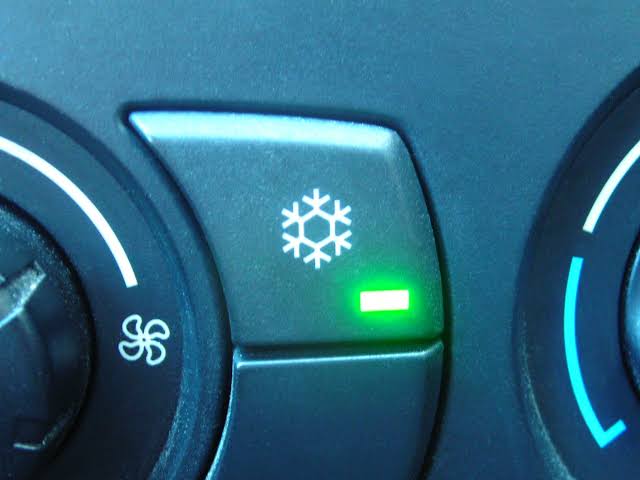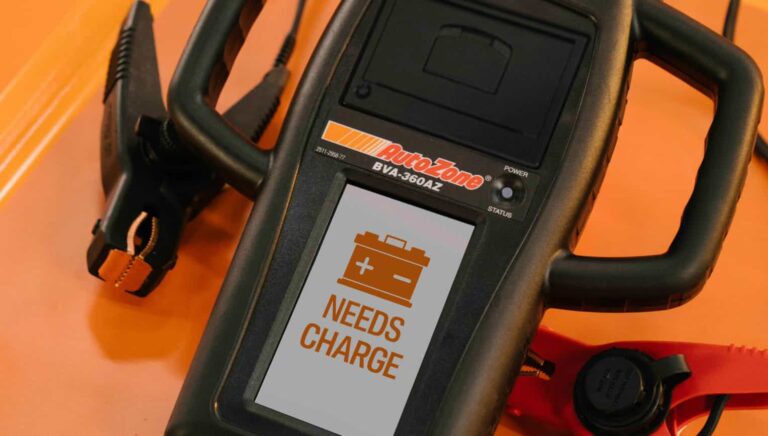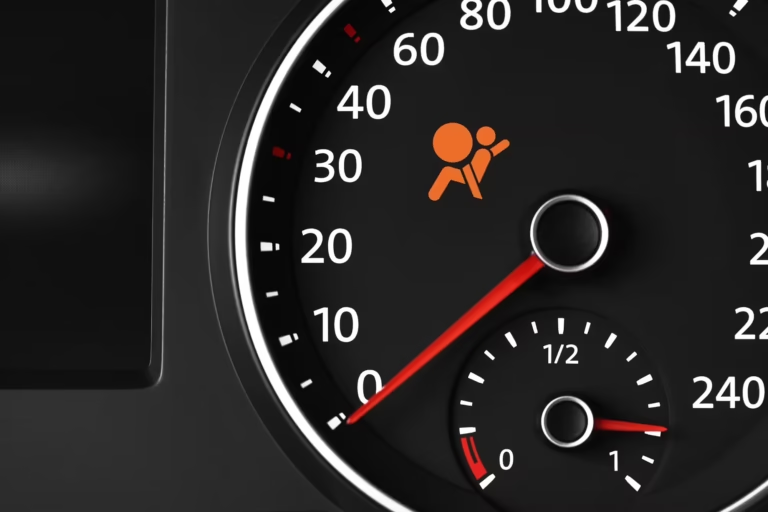Will Valvoline Put Air in Tires?

If you’re driving and notice that your tire pressure is low, you might wonder if places like Valvoline can help you out by putting air in your tires. Valvoline is a well-known provider of automotive services, especially oil changes, but many people may not know if they also offer tire services. In this article, we’ll explore whether Valvoline will put air in your tires, what services they provide, and how to maintain tire health.
Does Valvoline Provide Tire Air Services?
Yes, Valvoline Will Put Air in Your Tires
Valvoline offers basic tire maintenance services at many of their service locations, and putting air in tires is typically part of what they can assist with. If you’re getting your oil changed or having another service performed, you can ask the technician to check and top off the air in your tires. In some cases, they may do this for you at no additional charge.
How It Works
- If You’re Already There for Service: If you’re visiting a Valvoline location for an oil change, brake check, or another service, the technician will often check your tire pressure as part of their routine. If they notice any tires are low, they’ll top them off with air as part of the service.
- Tire Pressure Check: Sometimes, when you’re simply getting air added to your tires, the technician may also inspect your tires for any visible signs of wear, damage, or punctures.
What Other Tire Services Does Valvoline Offer?
While Valvoline is primarily known for oil changes, they do offer a variety of basic vehicle services, including some tire-related services. Here’s what you can expect:
1. Tire Pressure Monitoring System (TPMS) Check
Some Valvoline service centers may offer TPMS checks to ensure that your vehicle’s tire pressure monitoring system is working correctly. This can help you avoid issues with underinflated tires in the future.
2. Tire Rotations
Many Valvoline service centers provide tire rotations as part of their comprehensive maintenance packages. Rotating your tires regularly ensures that they wear evenly and helps prolong their lifespan.
3. Tire Repairs and Replacements
While Valvoline may not offer extensive tire repairs or replacement services, they might partner with nearby shops for these services or refer you to locations that specialize in tire repairs or new tire installation.
Why is Tire Air Important?
Proper tire inflation is essential for your safety and the longevity of your tires. Here’s why maintaining the correct air pressure in your tires is crucial:
- Fuel Efficiency: Underinflated tires can reduce your fuel efficiency, causing your vehicle to use more gas than necessary.
- Tire Wear: Tires with low air pressure wear unevenly and can develop bald spots or cause blowouts. This can be dangerous and costly to replace.
- Handling and Safety: Properly inflated tires help maintain better traction on the road, ensuring better handling, especially during wet or slippery conditions.
How to Check Tire Pressure Yourself
If you’re unsure whether your tires are properly inflated, you can easily check the pressure yourself using a tire pressure gauge. Here’s a quick guide:
- Find the Recommended Pressure: Look for the manufacturer’s recommended tire pressure, usually listed on the driver’s side doorframe or in the vehicle’s manual.
- Check Pressure with a Gauge: Remove the valve cap from the tire, press the gauge firmly onto the valve stem, and check the reading. If it’s low, add air until it reaches the recommended pressure.
When Should You Get Air in Your Tires?
It’s a good idea to check your tire pressure regularly, ideally once a month, or before long trips. However, if you notice any of the following, it might be time to visit a place like Valvoline to get air put in your tires:
- Tire Pressure Warning Light: If your car’s tire pressure warning light comes on, it’s a sign that at least one of your tires is underinflated.
- Poor Handling or Unusual Noises: If your car feels like it’s pulling to one side or you’re hearing odd noises, it could be due to low tire pressure.
- Before Winter or Summer: Seasonal temperature changes can cause tire pressure to fluctuate, so it’s good to check your tires before extreme weather conditions.
FAQs
1. Can I go to any Valvoline for air in my tires?
Most Valvoline locations offer tire air services, but it’s always a good idea to call ahead or confirm with your local center to ensure they provide this service.
2. Will Valvoline charge me for putting air in my tires?
In some cases, putting air in your tires may be included with other services like an oil change. However, if you’re just stopping by for a tire check, there might be a small fee. Always ask about the cost when you call.
3. How often should I check my tire pressure?
You should check your tire pressure at least once a month, as well as before long trips or when the seasons change.
4. Can I put air in my tires myself?
Yes, using a tire pressure gauge and a portable air compressor is an easy way to check and add air to your tires.
5. What happens if my tires are underinflated?
Underinflated tires can lead to poor gas mileage, uneven wear, and blowouts. They can also affect your car’s handling and safety.
Conclusion
Valvoline can indeed help with putting air in your tires, especially if you’re already there for an oil change or other services. While it’s typically part of their standard offerings, always check with your local service center to confirm the availability and any potential fees. Maintaining proper tire pressure is crucial for vehicle safety, fuel efficiency, and tire longevity, so don’t hesitate to reach out to Valvoline or perform tire checks regularly to keep your tires in top shape.





